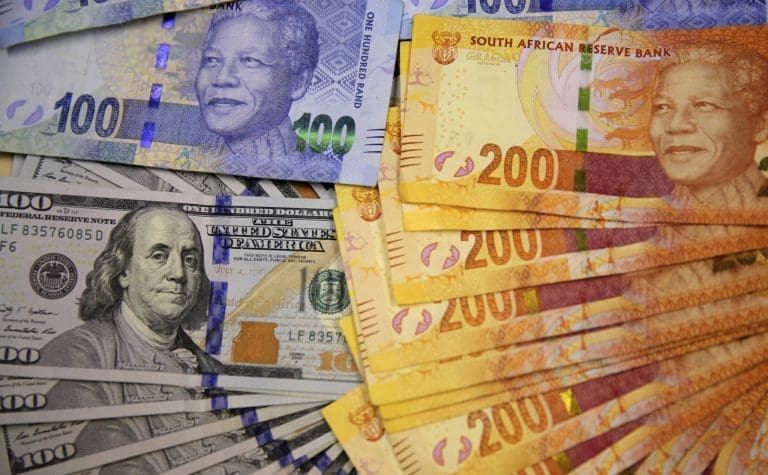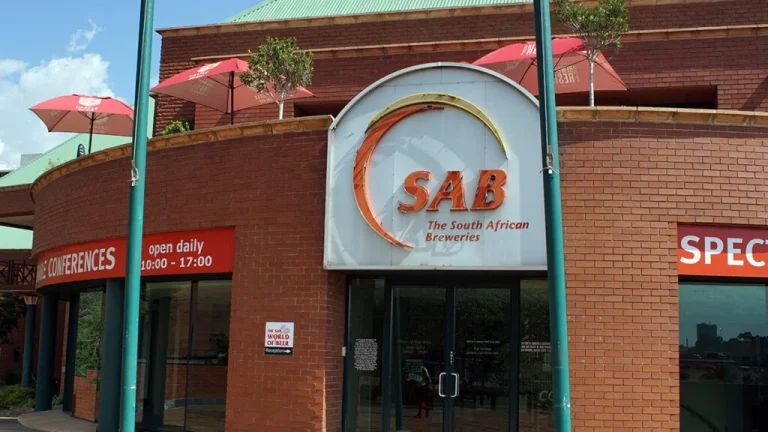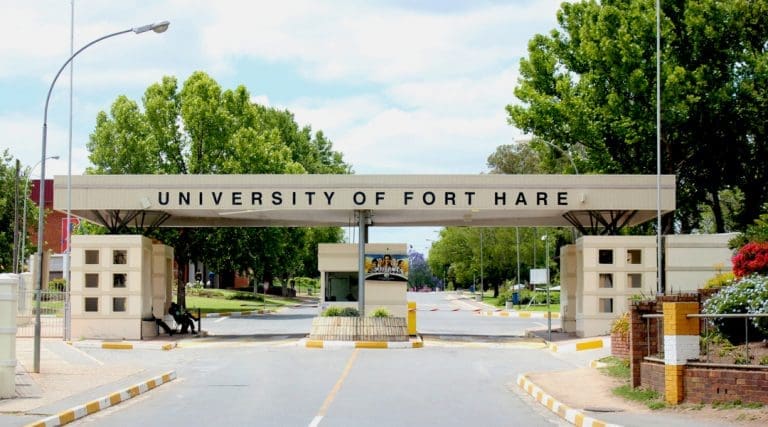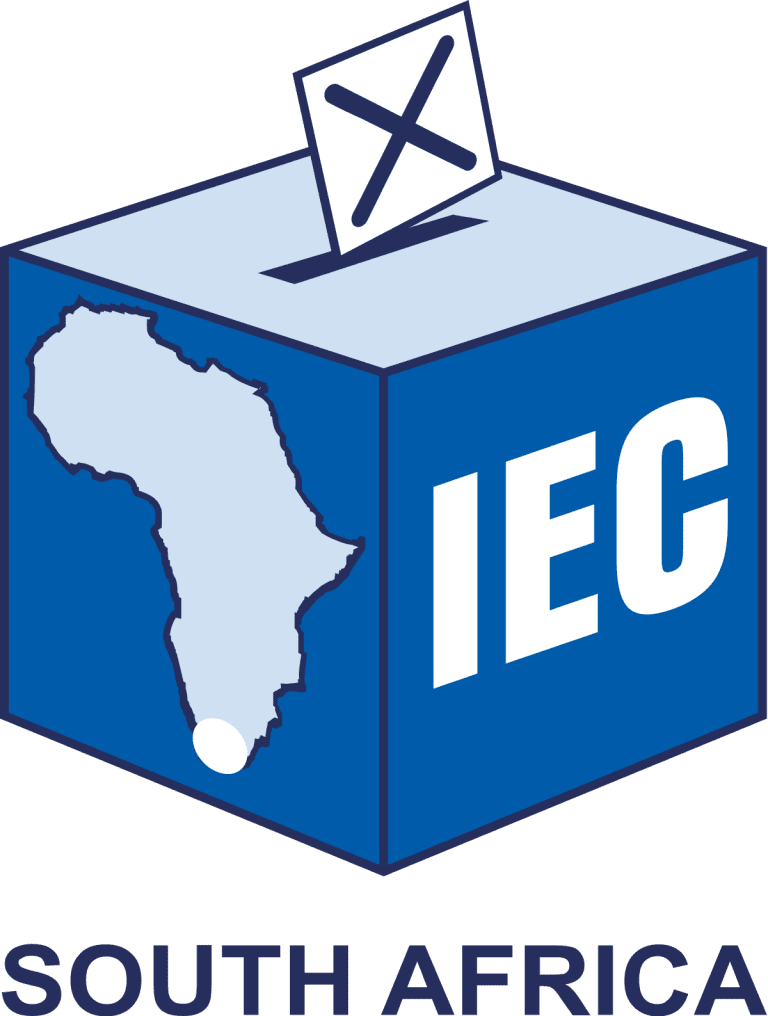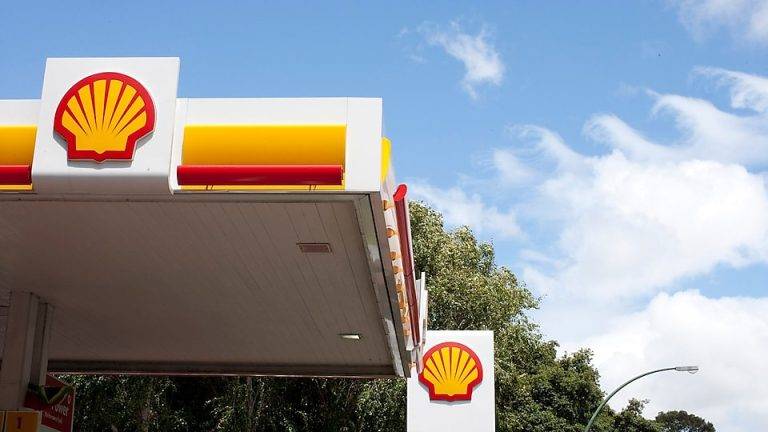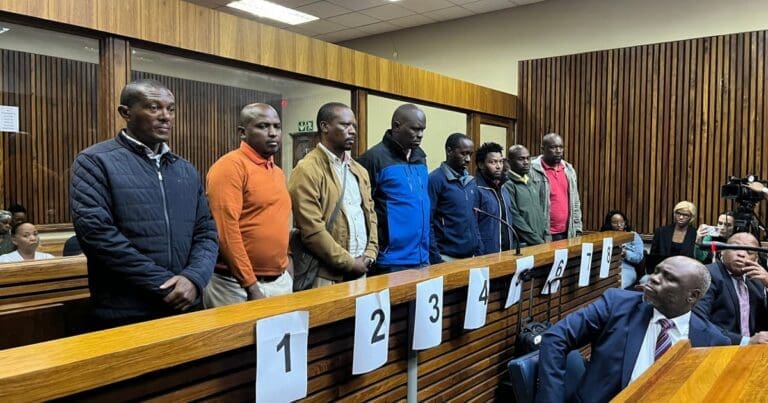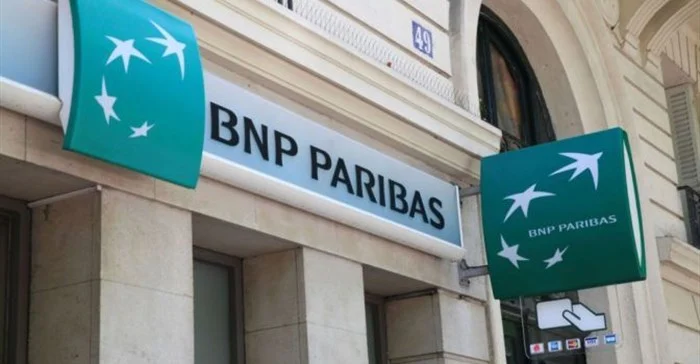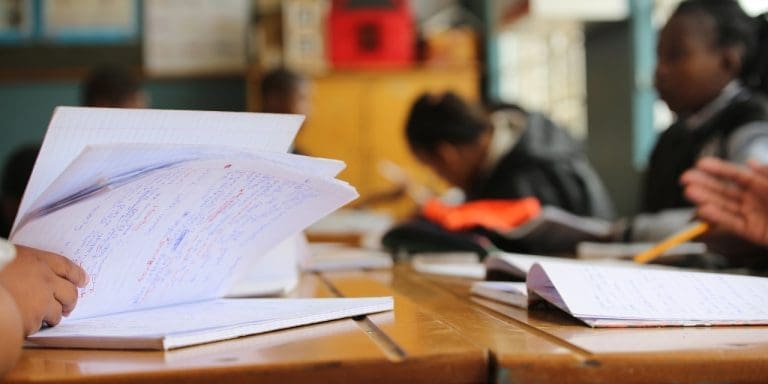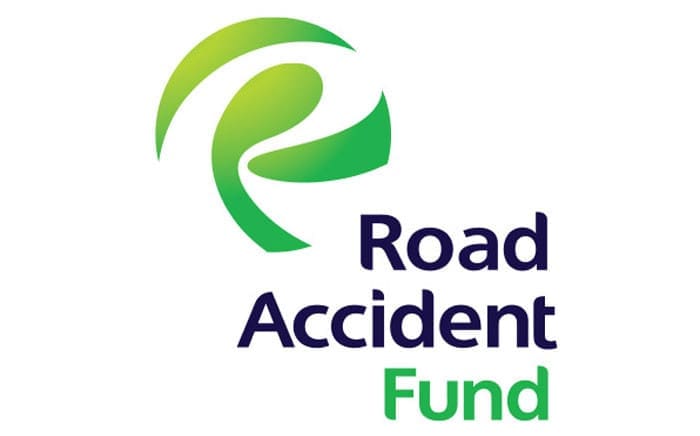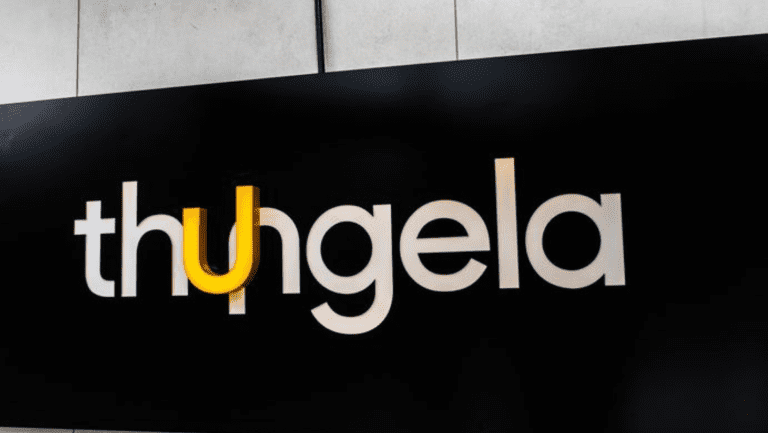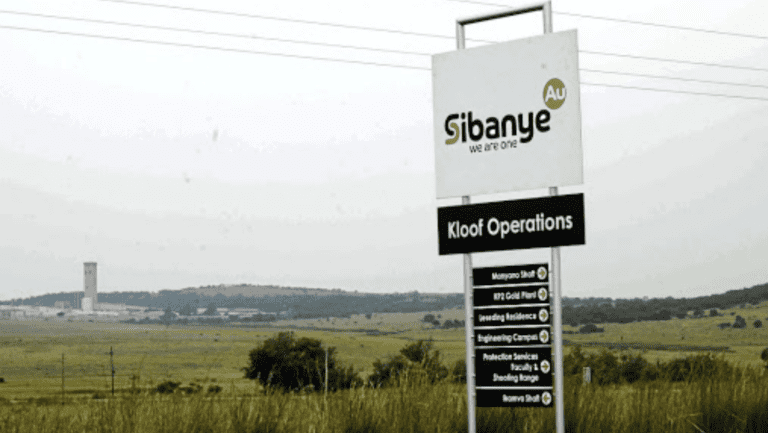In a pivotal move aimed at addressing South Africa’s burgeoning debt load and grappling with fiscal challenges, the National Treasury is mulling over the possibility of accessing a substantial portion—potentially up to half—of the R497 billion contingency reserves stowed away by the central bank. This contemplated action could serve to alleviate the government’s financial burdens or alternatively fund public-sector wages.
Sources closely involved in the discussions, speaking on condition of anonymity due to the sensitivity of the matter, revealed that the Treasury and the central bank are on the brink of finalizing the terms for drawing down from the Gold & Foreign Exchange Contingency Reserve Account (GFECRA). This crucial deliberation is anticipated to be concluded by the time the Treasury unveils the annual budget in February, marking a critical juncture in South Africa’s fiscal landscape.
These discussions haven’t transpired in isolation; rather, both entities have engaged with development finance agencies to establish robust practices while ensuring that sufficient reserves are retained to shield against unforeseen external shocks. The intricacies of the proposed withdrawal are anticipated to be ironed out, prioritizing prudence and sustainable fiscal management.
While the Treasury is poised to furnish a response concerning this matter, the central bank, led by Governor Lesetja Kganyago, refrained from providing substantive comments beyond confirming ongoing discussions between the two institutions.
This strategic maneuver arrives amidst a pivotal period in South Africa—on the brink of elections—where fiscal strains loom large. The government’s revenue has dwindled due to energy shortages and logistical constraints, stifling the profitability of key sectors such as mining. Concomitantly, escalating debt servicing costs and a burgeoning civil-servant wage bill have compounded the fiscal predicament.
Forecasts from the Treasury last month revealed a projected surge in gross debt, poised to escalate to 77.7% of gross domestic product by 2025-26—an uptick from the earlier forecast of 73.6% in February. The burgeoning wage bill, constituting approximately a third of government expenditure, exacerbates the fiscal quandary.
According to Jannie Rossouw, a professor at Wits Business School, utilizing reserves in a low-growth environment like South Africa presents a transient solution to mounting spending needs. However, he underscores the necessity for a broader, investment-centric governmental approach, fostering robust economic growth to expand the tax base and augment government revenue sustainably.
The Gold & Foreign Exchange Contingency Reserve Account, overseen by South Africa’s central bank, holds unrealized profits or losses linked to exchange-rate fluctuations. Nonetheless, concerns have been raised regarding the account’s substantial size relative to international standards, with suggestions that it represents an inefficiently allocated resource, constituting zero-yielding cash liquidity that remains untapped despite being costly to maintain.
Governor Kganyago has cautioned against the misconception that the account holds an immediate solution to fiscal woes, emphasizing that the profits exist predominantly on paper unless realized by liquidating underlying assets. The potential depletion of reserves poses a risk, rendering the country more vulnerable to future economic shocks.
Furthermore, apprehensions linger about the ramifications of a full withdrawal, potentially necessitating recapitalization of the central bank by the Treasury, which could compromise its autonomy—an issue of paramount importance in maintaining financial stability.
Kganyago reiterated the complexity of the situation, denouncing simplistic notions of a quick fiscal fix through reserves access as reckless. However, he acknowledged that refraining from utilizing the account is equally unsustainable, advocating for a balanced approach that lies between these extremes.
The Treasury aims to finalize these proposals before the upcoming general election, ensuring that stringent conditions are in place should a change in administration occur, underscoring the commitment to laying a stable fiscal foundation for the country’s future governance.
The anticipated decision regarding the substantial withdrawal of reserves from the central bank marks a pivotal moment for South Africa’s fiscal policy, as stakeholders navigate the intricate balance between immediate financial needs, long-term economic sustainability, and preserving institutional autonomy.





